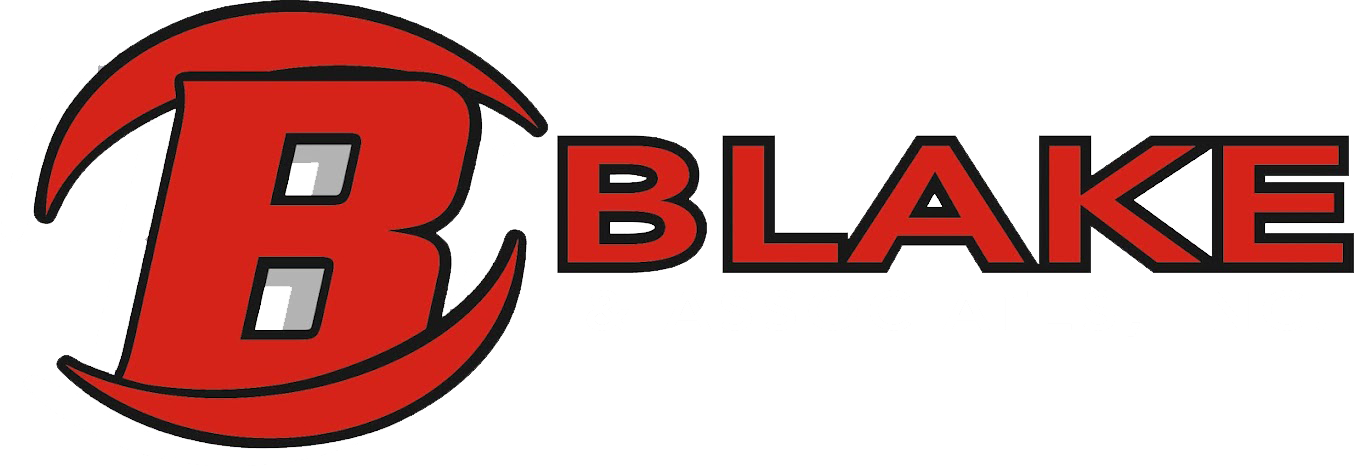Is the Government Taking Your Property? Get a Second Opinion.
Per Article 2, Sections 14 and 15 of the Colorado Constitution, the government has the right to seize private property for the public use. This can come in many shapes and sizes depending on the specifics of the public use. Eminent Domain cases can often be confusing, stressful, and difficult to navigate- but we hope to make it a bit easier. According to Colorado Revised Statutes Title 38. Property Real and Personal § 38-1-121, if the property claim is worth more than $5000, you can obtain your own valuation from a certified appraiser of your choice at no personal cost. That means you can get an estimate you can trust without incurring any financial burden.
What is an Eminent Domain Appraisal?
The purpose of an Eminent Domain Appraisal is to determine fair compensation for a property owner experiencing a loss of property, or property rights, due to forced acquisition by a government agency or utility company. This could be, but not limited to, State Governments (such as the state of Colorado), or local governments (including all counties and cities), and also the municipalities within those areas.
The Four Types of Eminent Domain Acquisitions
Most eminent domain cases that would require an appraisal fall into one of four categories.
-
A Whole/Total Take is when the entirety of your property is claimed by the Government. In this situation, your property is valued under similar considerations as if it were sold willingly to another party at a fair market price. Appraisals performed in the whole taking of a property are often simpler than partial takings, as the procedure and development of the appraisal are similar to those used in typical sale or refinancing of a property.
-
A Partial Take refers to when a portion of your property is claimed by the Government, typically for development of utilities or infrastructure improvement/implementation. This valuation is complex, as your just compensation can extend far beyond the value of the acquired land itself.
-
Easements are different from takes in that you still maintain the ownership rights to your property. Instead of claiming the property, easements involve using the whole or parts of your property for specific purposes. The value of compensation depends on the size of the easement, the direct effect on your property, the indirect effects on your ability to use the property, and the duration of the easement. Temporary easements take place over a short period of time, and are often related to construction or the storage of construction materials.
-
Permanent easements are similar to temporary easements in that you still maintain the ownership rights to your property, though a section of it is utilized in perpetuity to provide a necessary public good or service. Permanent easements are valued differently than temporary easements as the burden of the affected property is maintained for a significantly longer amount of time. Permanent easements are often used to build roadways and install power or water lines.
Why We Can Help
If you're experiencing a loss of property or property rights due to an eminent domain claim, there is no reason to not request a second opinion. If you're considering obtaining your own estimate for your property value, there's a number of reasons Blake and Associates could be the right choice.
-
Benjamin B Davidson is a certified general appraiser holding all four designations available nationally via the Appraisal Institute: MAI, SRA, AI-GRS, and AI-RRS. Each of these designations focus on a distinct area of the appraisal industry, several of which are often combined when dealing with eminent domain appraisals. Put simply,
- The MAI designation focuses on commercial appraisal competency and fluency.
- The SRA designation focuses on residential appraisal competency and fluency.
- The AI-GRS designation focuses on the complex issues associated with commercial and general appraisal review.
- The AI-RRS designation focuses on the complex issues associated with residential appraisal review.
Collectively, these designations represent decades of hard work and focused study. Very few appraisers put in the work necessary to obtain all four. You can learn more about what those designations mean here.
-
In addition to holding the designations preferred for the complex work that eminent domain appraisal can often involve, Benjamin is approved and recommended by the Colorado Department of Transportation to bid on and complete CDOT and federally funded local government agency projects. The process to gain approval for this list is complex. To be considered, the applicant must
1. Hold a Colorado Certified General Appraiser’s License
2. Undergo evaluation by a panel of three CDOT senior appraisers
3. Demonstrate Understanding of Eminent Domain Development
4. Provide Complex Sample Documents for Review
5. Provide Professional References
6. Outline Other Appraisal Skills in complex areas such as Litigation and Education
Throughout the State of Colorado, there are less than 50 appraisers who have met these requirements. You can view the full list of recommended appraisers here.
-
Blake and Associates, LLC has worked and currently works with many title companies and attorneys regarding title disputes that require a Diminution in Value (DIV). Many of these title disputes are settled in the appraisal process, but it is not uncommon for them to proceed on to litigation. In the event of a legal dispute, Blake and Associates is prepared and equipped to testify for the fair value of your property. We're confident in our valuations and are willing to stand by them if needed.
A Value You Can Trust
When you choose to trust Blake and Associates to handle your Eminent Domain appraisal, you're choosing 25+ years of experience and study in a broad range of contexts and environments. You deserve to know how much your property is worth If you're looking for peace of mind, personal support, and a value you can trust, we'd love to help. Feel free to contact us with any questions or concerns here.
